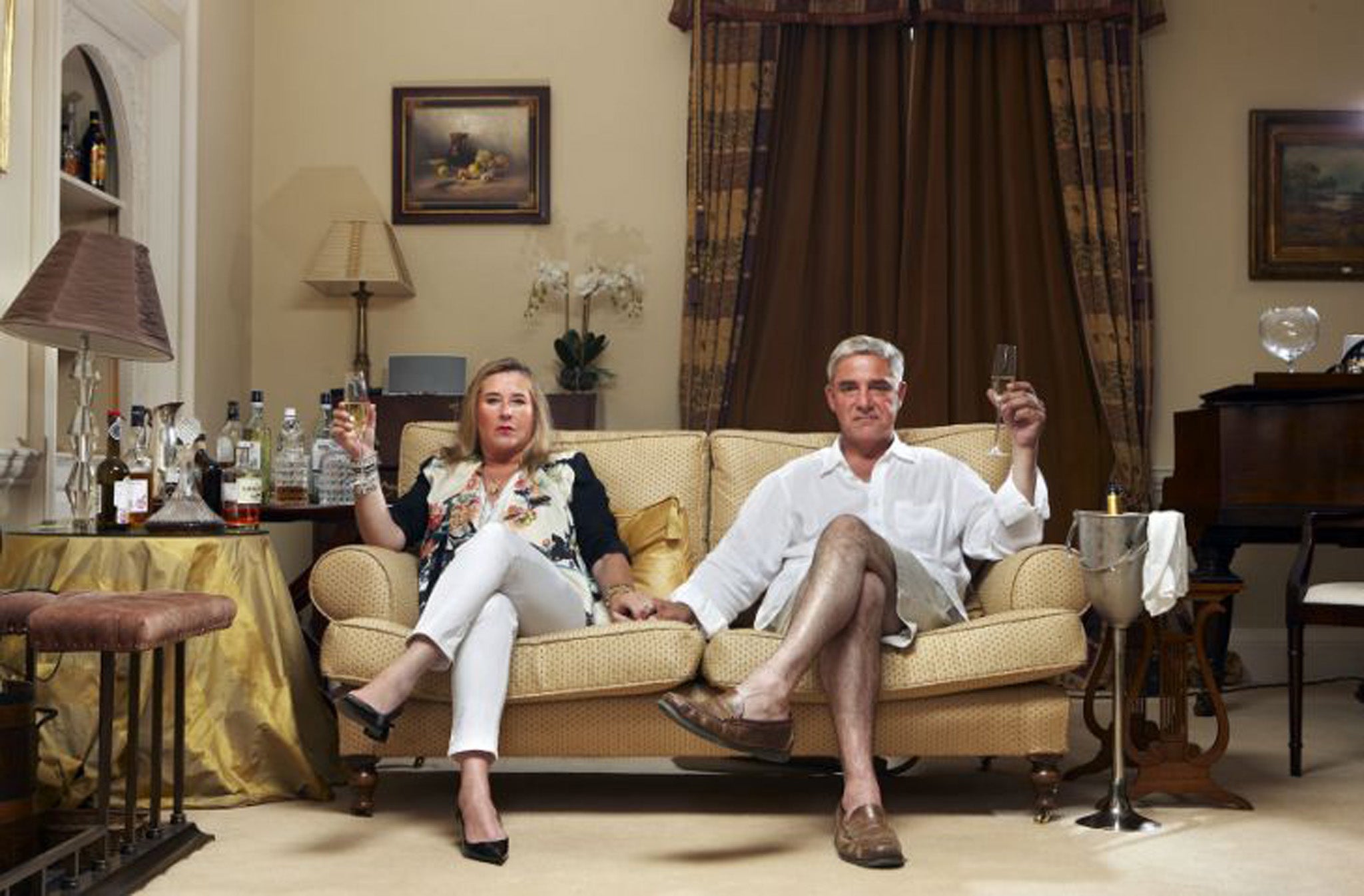Grace Dent: Stand with me, people of Britain. Say it loud and proud - ‘I watch four hours of rubbish TV a day and I am not ashamed!’
‘Gogglebox’ showed that TV can unite the nation – and, more importantly, cheer us up


Your support helps us to tell the story
From reproductive rights to climate change to Big Tech, The Independent is on the ground when the story is developing. Whether it's investigating the financials of Elon Musk's pro-Trump PAC or producing our latest documentary, 'The A Word', which shines a light on the American women fighting for reproductive rights, we know how important it is to parse out the facts from the messaging.
At such a critical moment in US history, we need reporters on the ground. Your donation allows us to keep sending journalists to speak to both sides of the story.
The Independent is trusted by Americans across the entire political spectrum. And unlike many other quality news outlets, we choose not to lock Americans out of our reporting and analysis with paywalls. We believe quality journalism should be available to everyone, paid for by those who can afford it.
Your support makes all the difference.I was surprised to hear that, during 2013 – according to the latest figures from the Broadcasters’ Audience Research Board (Barb) – we watched three hours; 55 minutes; and 30 seconds of TV per day. Because, paradoxically, almost four hours a day is not an amount of TV one can admit to watching without judgemental gasps. If one is asked how much TV one watches per day, the suitable, non-shameful and least-likely-to-produce-a-sneer response is, “Maybe one or two hours per night, y’know, if there’s something good on, I might catch up on a BBC4 Belgian crime drama on iPlayer. I don’t watch a lot.”
No one admits, as Barb’s figures prove, that “the TV buzzes away in the background of my lounge like an extra family member from 7pm until 11pm every single evening as I wantonly and non-cerebrally soak in Albert Square gossip, hotel inspector shows, that thing where Channel 4 make celebrities do a ski jump and those Channel 5 educational documentaries which inevitably end with a morbidly obese person being removed from their home via a crane”.
Estimating one’s own TV viewing is like admitting one’s body weight or alcohol unit intake. We have a figure we’re happy to disclose and any further questioning seems intrustive and loaded to make us feel like weak-willed berks. Perhaps one of the most appealing things about Channel 4’s smash hit show of 2013, Gogglebox, – the show where we could watch people watching telly – was that the truth about about how the British use TV was laid shamelessly bare.
Here were loveable households full of decent people who consumed TV in a nightly, non-choosy way. At no point did any Gogglebox character beg to watch a Sky Arts documentary on the History of the Ceramic Kiln or refer to a repeat of Lena Dunham’s movie Tiny Furniture – which influenced Girls y’know – and at no point did anyone suggest the TV was turned off so the family could practice 20 minutes of mindfulness meditation to a Tibeten windchimes app. In fact, no one seemed to care about Breaking Bad at all. No, Gogglebox was about big, broad, mass-market TV which unites the nation, allots focus for debate, and more importantly than anything else, cheers people up.
It’s ironic that, as four hours per evening of TV is still a guilty, grubby secret, we’re in an era where film-makers are determined to make movies longer than ever before. For movie-goers, the willingness to switch off from the real world and fritter 187 minutes staring at dour lesbians in Blue is The Warmest Colour or 161 minutes of Hobbits getting into a terrible pickle is admirable and something worth bragging about. Anyone who remarks in their workplace that they watch three to four hours of cinema every evening would be heralded as some sort of mysterious, deeply cerebral soul. The movie fan is the sort of person one wants on a pub quiz team, someone who can actually answer questions, not just fill in the comedic team name “Quiz Akabusi” and sit back, spent.
A further piece of TV truth that Barb has uncovered is that only 1.5 per cent of viewers are consuming TV via computer screens and tablets, and the remaining 98.5 per cent of us are still watching it on the big clunking screen in the corner of the room. It’s worth remembering this the next time one is faced with a deeply pretentious mobile advert featuring some excitable cash-rich time poor wazzock who seems unable to walk down a road without simultaneously watching a Premier League game or House of Cards on Netflix on his phone. If you’re watching that silly advert on an actual television set, just after Emmerdale before settling down for another three hours of televisual tat, well, I won’t pretend you’re very fashionable, but you’re certainly very, very normal.
Join our commenting forum
Join thought-provoking conversations, follow other Independent readers and see their replies
Comments